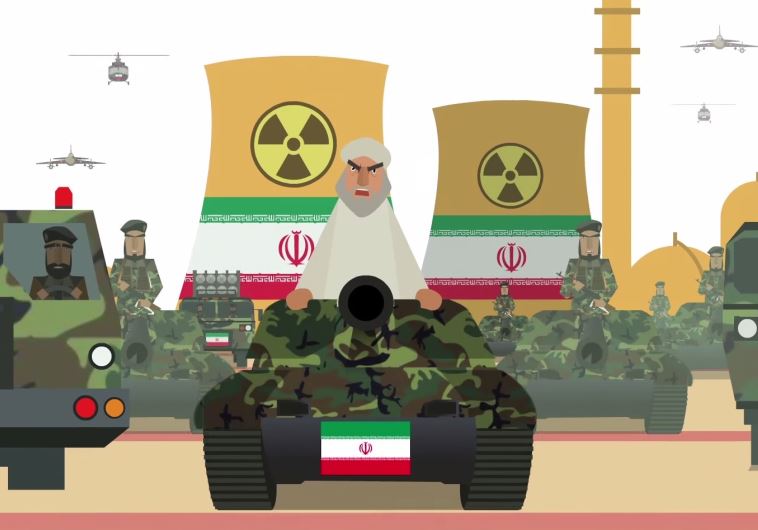A deal with gaping failures
The sunset clause is the biggest flaw in the agreement with Iran, but there are many others, says arms control expert Emily Landau.
 Israeli cartoon warns - Iran is worse than ISIS(photo credit: PRIME MINISTER'S OFFICE)Updated:
Israeli cartoon warns - Iran is worse than ISIS(photo credit: PRIME MINISTER'S OFFICE)Updated: